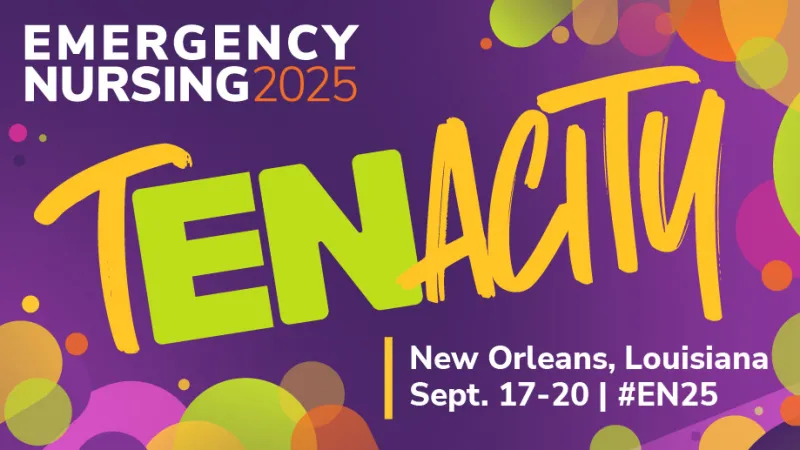
Workplace Violence and Its Impact on the Emergency Nurse
This position statement evaluates the various factors that contribute to violence in the emergency care setting and discusses ENA's stance on personal safety, zero-tolerance, and the importance of organizational commitment to reducing workplace violence.
Promotion of Health, Wellness, and Well-Being in the Emergency Setting
This position statement discusses the emergency nurse's role to substantially influence health promotion of patients during ED visits, leading to significant improvements in the health of the population at large.
Weighing All Patients in Kilograms
This position statement discusses the importance of all patients being weighed in kilograms.
Use of Thromboelastography (TEG) in the Emergency Department
This topic brief provides an overview of TEG, examines implications of TEG for emergency nursing practice including its application in trauma resuscitation and discuesses opportunities for future research.
Emergency Department Triage
This joint position statement asserts support for the five level triage system, the Emergency Severity Index.
Triage Qualifications and Competency
This position statement provides the qualifications and competencies recommended by ENA to perform the role of triage.
Trauma Nursing Education
This position statement discusses the importance of trauma education, the recommended systematic processes for evaluating a trauma patient, and other injury prevention responsibilities of the trauma nurse.

